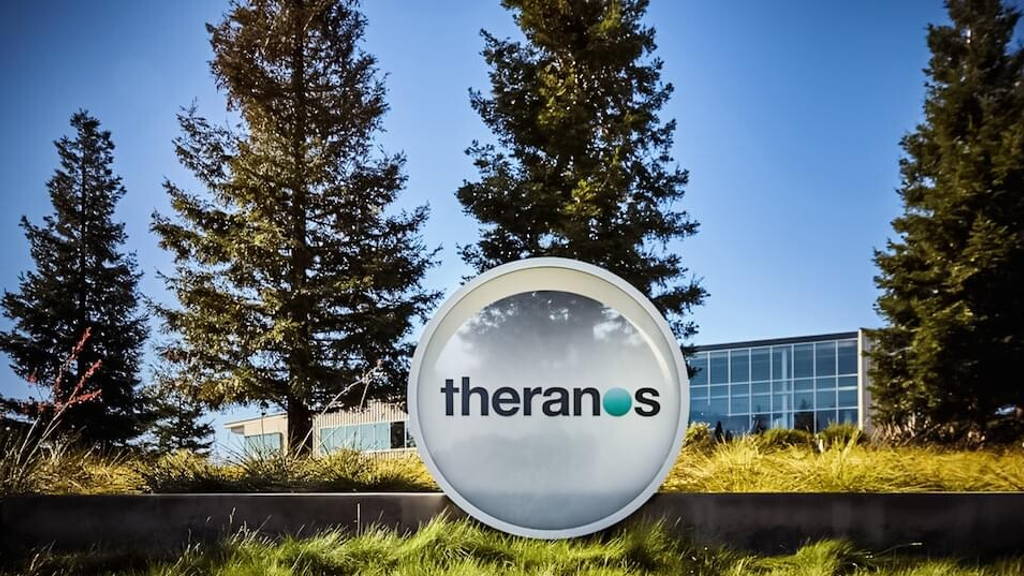The Palo Alto, California-based startup will now focus on developing what it says is its next-generation testing device, miniLab, Chief Executive Officer Elizabeth Holmes said in a statement posted on their website.
'We have decided to close our clinical labs and Theranos Wellness Centers, which will impact approximately 340 employees in Arizona, California, and Pennsylvania. We will return our undivided attention to our miniLab platform. Our ultimate goal is to commercialize miniaturized, automated laboratories capable of small-volume sample testing, with an emphasis on vulnerable patient populations, including oncology, pediatrics, and intensive care. We have a new executive team leading our work toward obtaining FDA clearances, building commercial partnerships, and pursuing publications in scientific journals.'
By closing the clinical labs and patient centers, Holmes may be able to keep running the company despite being banned from the clinical lab industry by the U.S., which sanctioned her in July. Theranos has appealed those sanctions. Theranos has been subjected to a controversy ever since the Wall Street Journal questioned the reliability of the blood testing Theranos offers. These tests are widely used as a cheaper an quicker alternative for traditional blood tests. Not longer after the articles in the WSJ a research by the US Centers for Medicare and Medicaid Services concluded Theranos' Northern California lab was putting patients in 'immediate jeopardy'. The lab hasn't done any testing since.
'We have decided to close our clinical labs and Theranos Wellness Centers, which will impact approximately 340 employees in Arizona, California, and Pennsylvania. We will return our undivided attention to our miniLab platform. Our ultimate goal is to commercialize miniaturized, automated laboratories capable of small-volume sample testing, with an emphasis on vulnerable patient populations, including oncology, pediatrics, and intensive care. We have a new executive team leading our work toward obtaining FDA clearances, building commercial partnerships, and pursuing publications in scientific journals.'
Accuracy, viability
Once applauded as a potentially revolutionary company in the medical testing industry, Theranos has been plagued by questions about the accuracy and viability of its technology, Bloomberg states. U.S. inspectors found failures so severe as to jeopardize patients’ health at Theranos’s lab in Newark, California, leading to the proposed sanctions, along with potential monetary penalties and cancellation of payments from federal health insurance programs.By closing the clinical labs and patient centers, Holmes may be able to keep running the company despite being banned from the clinical lab industry by the U.S., which sanctioned her in July. Theranos has appealed those sanctions. Theranos has been subjected to a controversy ever since the Wall Street Journal questioned the reliability of the blood testing Theranos offers. These tests are widely used as a cheaper an quicker alternative for traditional blood tests. Not longer after the articles in the WSJ a research by the US Centers for Medicare and Medicaid Services concluded Theranos' Northern California lab was putting patients in 'immediate jeopardy'. The lab hasn't done any testing since.
